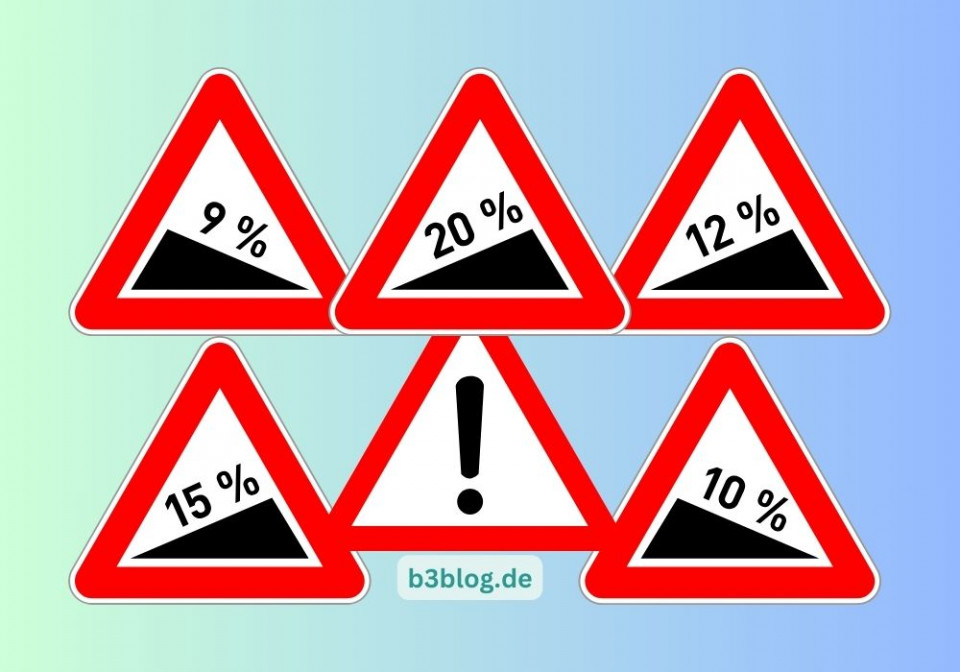Loriot and the Racetrack
At the beginning there is Loriot. His sketch "Wo laufen sie denn" from 1972 can be watched on YouTube. But Loriot is not the originator of the question at all. His version goes back to the already 1926 recorded "Rennbahngespräche" by Bendow and Paul Morgan. Of course, almost 100 years ago there was no streaming, only the words were recorded. The question only became a well-known phrase when Loriot made it into a cartoon.
Running!
The fact that the running ones are about horses should not bother us. Horses run, people run. Livetracking should tell us where and how they run, because it is not limited to tracking parcels. Tracking has long since established itself in sports as well. Not only professional sports rely on it, but also recreational runners benefit from it. If you're a regular runner, you want to know how fast you're going and exactly where you are at any given moment during the marathon, and of course you want to share this information with the whole world via social media. At least to the part of the world that is interested - perhaps the next one or two relatives, who can see where they can pick up the would-be marathoner in the worst case.
Magic Card Spell
This is where Harry Potter comes in. I don't know if he ever ran a marathon. I do know, however, that Harry receives the magical Map of the Runner in Volume 3 of the book series ("The Prisoner of Azkaban") is given to him. One look at the map is all it takes for the wizard to know exactly where in the Hogwarts area which person is at any given moment and where they are headed. The racetrack question becomes unnecessary with this invention, which, unfortunately, is not available to us ordinary mortals (aka "muggles").
GPS Gadgets
That's why live tracking was invented, which surpasses the map of the rum runner. After all, busy recreational athletes not only want to track the distance they've covered, but more importantly, they want to know what record-breaking time they've run. The digitalization of recreational sports cannot be stopped. If you're a fitness fan, you've got your training covered with a fitness tracker, watch, wristband or ring and the apps and apps that go with it.
When it comes to determining location, all these devices rely on GPS, which is the abbreviation for Global Positioning System. This system for determining position with the aid of satellites was initially developed for military purposes in the 1970s. Since GPS was released for civilian use in 2000, it has become established in the most diverse areas of life, from navigation systems in cars to positioning on ships and in airplanes to outdoor activities such as mountain climbing or bicycle tours. Or during runs of all kinds.


